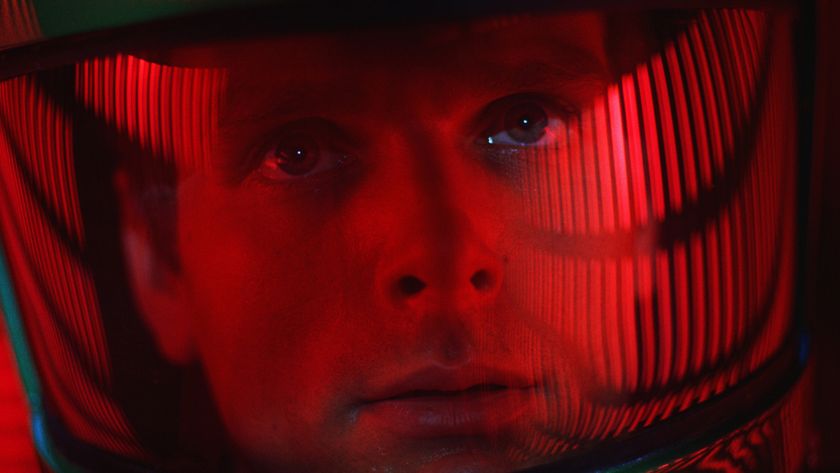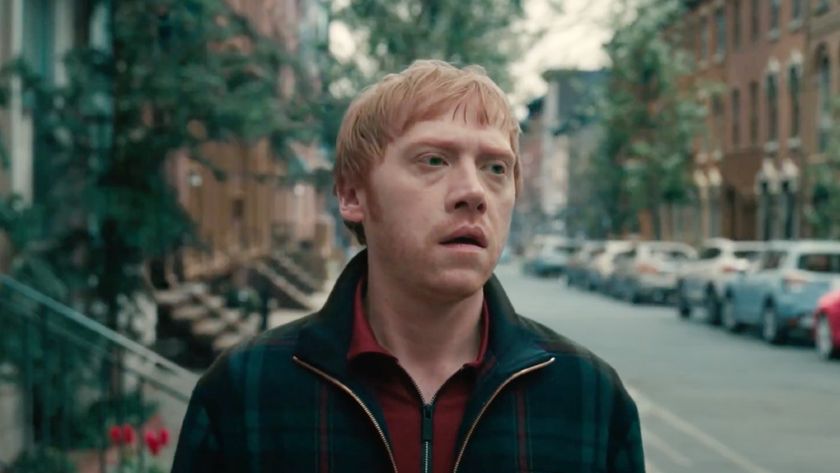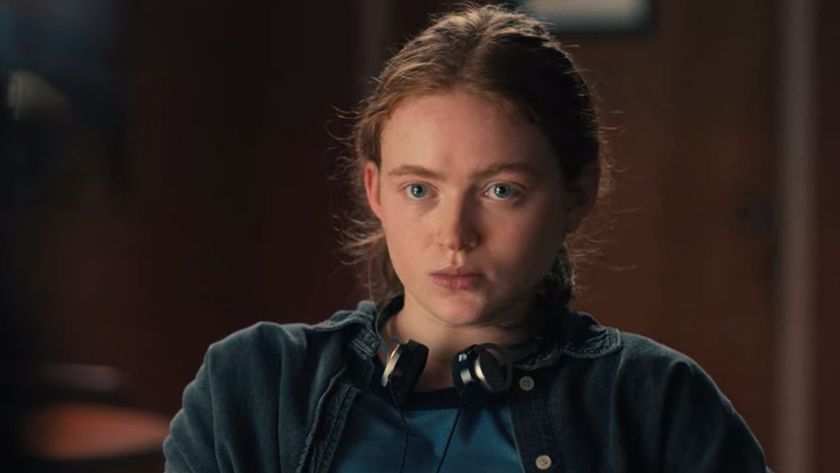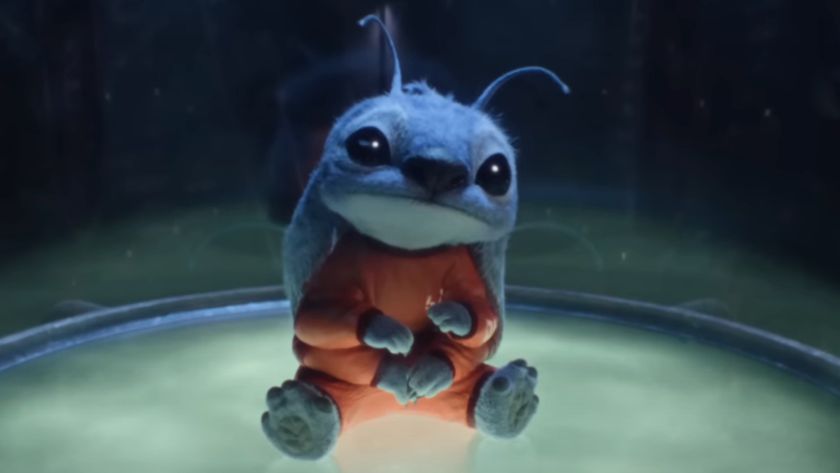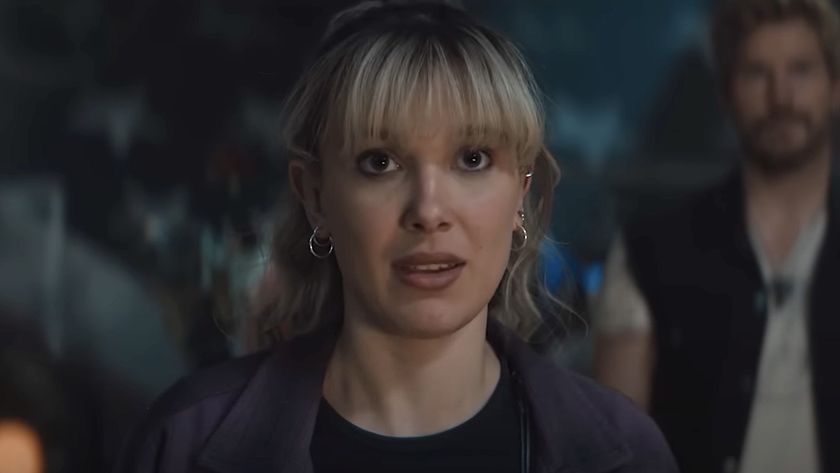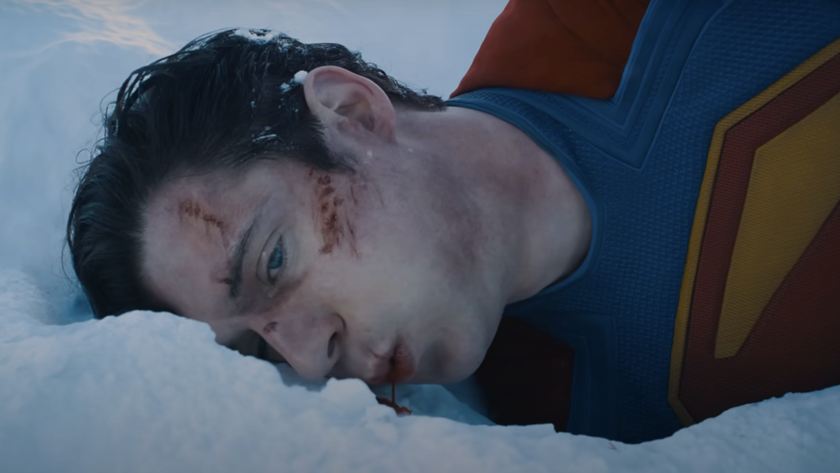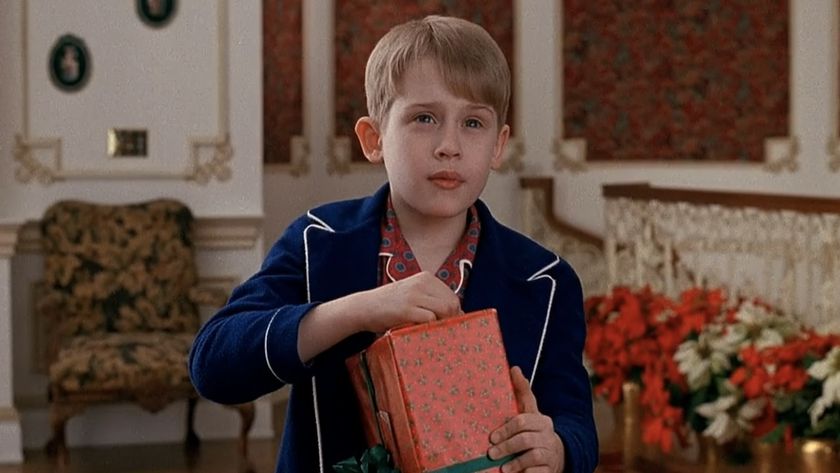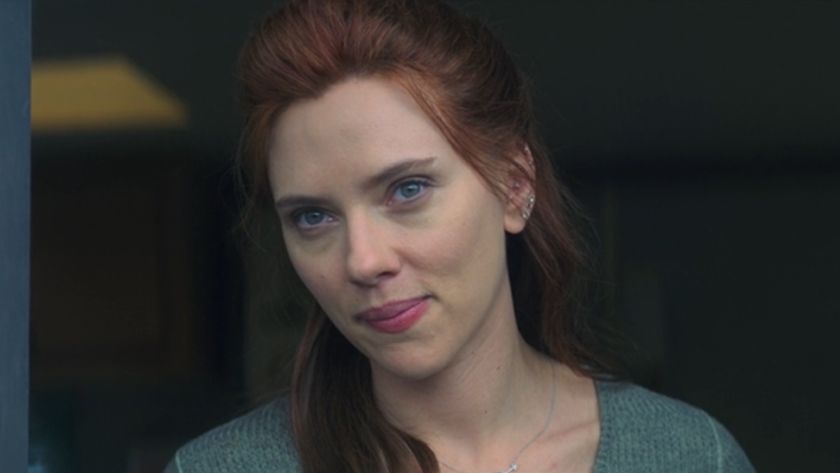Why The Last Airbender Was Terrible And It Maybe Wasn't M. Night's Fault
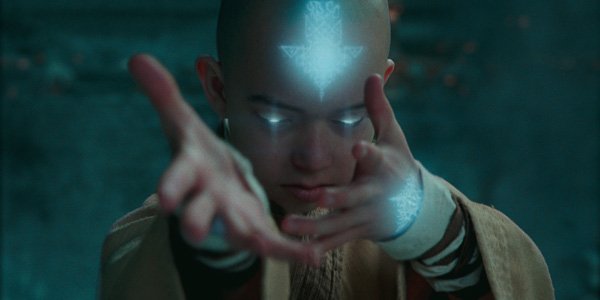
If M. Night Shyamalan’s The Last Airbender is famous for anything, it’s for being an absolute disaster. Fans of the animated series were over the moon with anticipation for the film, but now it stands as one of the most reviled big budget blockbusters of the modern era. Usually you can trace a disaster of this proportion to some bad mojo going on behind the scenes, and if a recently unearthed message board post is to be believed, then The Last Airbender is no exception to that.
This story comes to us from a fan message board called AvatarSpirit.net, where a user claiming to have behind the scenes knowledge about Shyamalan’s film has spilled the beans on some very dark, corporate details about the production. The user’s story begins by saying that things were all well and good in the first draft of the screenplay (penned by the director), but that the shit hit the fan once the producers got their claws into it.
If the entire Last Airbender production can be compared to a set of disastrous dominoes, then the first terrible piece put in play was the casting of Nicola Peltz as Katara. The source says that her hiring was purely due to nepotism – as her father is a billionaire and CEO of an influential alternative investment management fund. The author says that "her audition tape was subpar at best," but that it didn’t ultimately matter in any way.
From this point, the producers had to find an actor to play Sokka, and because he is Katara’s brother they had to base their casting decision on who would look like a relative of Nicola Peltz (are you starting to see the domino effect?). Enter Jackson Rathbone. Unlike Peltz, the Twilight actor did put on a good show during his audition and could have been a great match for all of the humor in earlier drafts of the script. Of course, the producers found those moments of humor were taking too much time away from the story, and they were axed.
This then led to complications casting the role of Prince Zuko, the film’s central antagonist. The production had originally hired Jesse McCartney to play the part because he was going to be the only possibly recognizable name in the main cast. Then the producers realized that they were casting all white kids in an anime-esque adaptation, and that they needed to introduce some diversity. This was how Dev Patel entered the picture, as he had just won rave reviews for his part in Danny Boyle’s Slumdog Millionaire. This idea backfired when the entire Fire Nation casting had to be based on Patel’s casting. This, as the message board writer puts it, "is why it turned into heroic white kids VS evil brown people."
The author’s account makes it seem that the innocent in this casting nightmare is Noah Ringer, who was cast as Aang. The story says that he was "the only one who honestly openly auditioned and was chosen based on talent." His problem was just that he had a hard time dealing with all the green screen. This obviously had a negative effect on his performance as a whole.
On the subject of green screen, the writer adds that the production at one point realized that a good deal of the film would just have to be made using special effects – so the project was rebudgeted and money all started to flow to Industrial Light and Magic. Locations that should have been shot in epic landscapes with practical establishments were instead made in various areas around Pennsylvania. Furthermore, "novice directors" were brought on by the producers to oversee the effects process, which is how this happened:
CINEMABLEND NEWSLETTER
Your Daily Blend of Entertainment News
All of the producers’ interference obviously took its toll on M. Night Shyamalan, who wound up just begin exhausted by all the arguing. He eventually "gave up, and collected his paycheck."
Do you believe this story? Does it make you feel any differently about The Last Airbender? Tell us your thoughts in the comments below.

Eric Eisenberg is the Assistant Managing Editor at CinemaBlend. After graduating Boston University and earning a bachelor’s degree in journalism, he took a part-time job as a staff writer for CinemaBlend, and after six months was offered the opportunity to move to Los Angeles and take on a newly created West Coast Editor position. Over a decade later, he's continuing to advance his interests and expertise. In addition to conducting filmmaker interviews and contributing to the news and feature content of the site, Eric also oversees the Movie Reviews section, writes the the weekend box office report (published Sundays), and is the site's resident Stephen King expert. He has two King-related columns.
